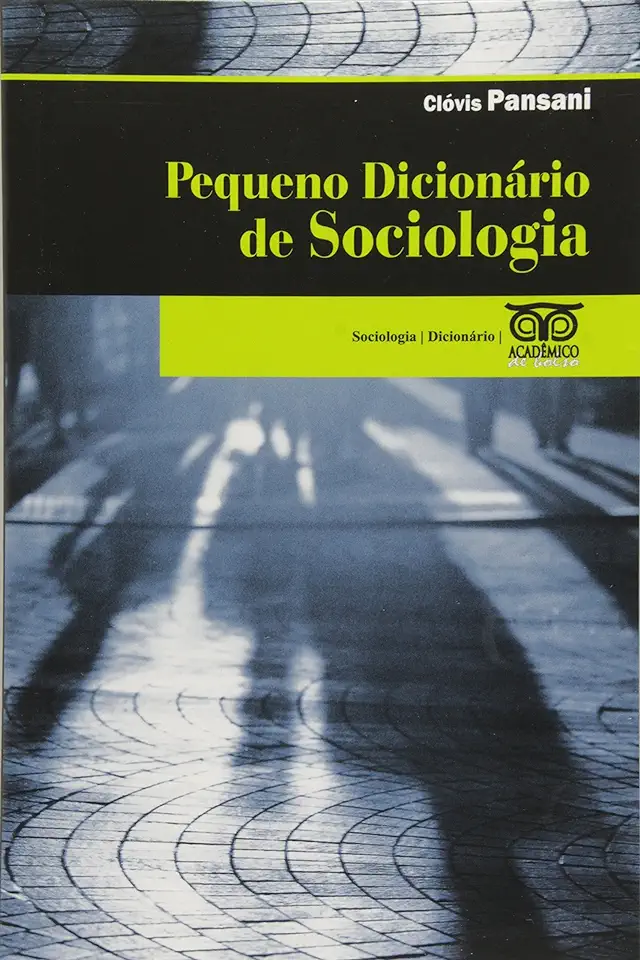
A Little Dictionary of Sociology - Clóvis Pansani
A Little Dictionary of Sociology: A Comprehensive Guide to the Key Concepts and Theories of Sociology
Introduction
Sociology is the study of human behavior in society. It is a vast and complex field that encompasses a wide range of topics, from the micro-level interactions of individuals to the macro-level structures of society. In this little dictionary, we will explore some of the key concepts and theories of sociology, providing you with a foundation for understanding the social world around you.
Key Concepts
1. Society
Society is a group of people who live together in a defined geographic area and share a common culture. Societies are characterized by their social institutions, which are the structures and mechanisms that organize and regulate social life. These institutions include the family, the economy, the political system, and the education system.
2. Culture
Culture is the shared beliefs, values, and practices of a society. It is what gives a society its unique identity and shapes the way people think, feel, and behave. Culture is transmitted from generation to generation through socialization, the process by which individuals learn the values and norms of their society.
3. Social Stratification
Social stratification is the hierarchical arrangement of individuals and groups within a society. It is based on factors such as social class, race, gender, and ethnicity. Social stratification can lead to inequality, which is the unequal distribution of resources and opportunities among different groups in society.
4. Social Interaction
Social interaction is the process by which individuals communicate and exchange information with each other. It is the foundation of social life and allows for the development of relationships and social networks. Social interaction can be verbal, nonverbal, or both.
5. Social Change
Social change is the process by which societies change over time. It can be caused by a variety of factors, such as technological advances, economic changes, political revolutions, and cultural shifts. Social change can be gradual or rapid, and it can have both positive and negative consequences.
Theories of Sociology
1. Functionalism
Functionalism is a theory that views society as a system of interconnected parts that work together to maintain equilibrium. According to functionalism, each part of society has a specific function that contributes to the overall functioning of the system. For example, the family unit is responsible for socializing children, while the economy is responsible for producing goods and services.
2. Conflict Theory
Conflict theory is a theory that views society as a場 of conflict between different groups and individuals. According to conflict theory, the interests of different groups are often in conflict, and this conflict leads to social change. For example, the conflict between the working class and the capitalist class is a major source of social change in capitalist societies.
3. Symbolic Interactionism
Symbolic interactionism is a theory that views society as a product of human interaction. According to symbolic interactionism, individuals create and interpret symbols, such as language and gestures, to communicate with each other and make sense of the world around them. For example, the way we use language to describe our experiences shapes our understanding of those experiences.
Conclusion
This little dictionary has provided you with a brief overview of some of the key concepts and theories of sociology. By understanding these concepts and theories, you will be better equipped to understand the social world around you and to participate in informed discussions about social issues.
Enjoyed the summary? Discover all the details and take your reading to the next level — [click here to view the book on Amazon!]